Full Stack Java Developer – Salary, Skills, Steps To Become
4.9 out of 5 based on 13758 votesLast updated on 5th Feb 2024 17.8K Views
- Bookmark

Full Stack Java Developer – Skills, Salary, Steps To Become Full Stack Java Developer – Skills, Salary, Steps To Become
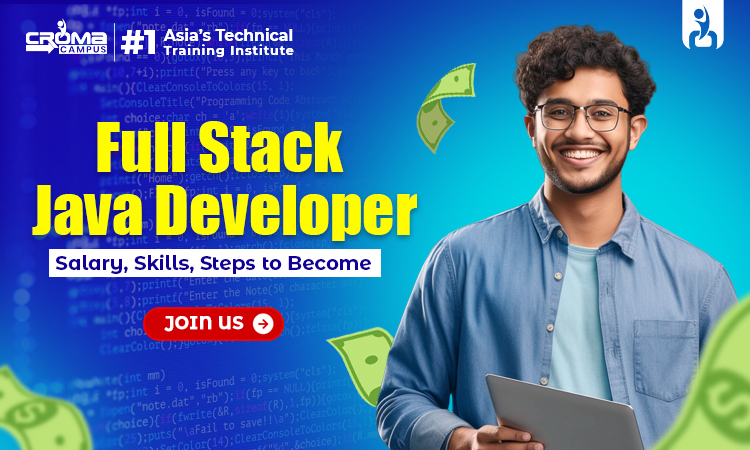
Introduction
In the dynamic landscape of technology, full-stack Java Developers are in high demand. They play a crucial role in the development of robust and scalable web applications. So, these professionals possess a diverse skill set that encompasses both front-end and back-end technologies. Hence, allowing them to work on the entire stack of web applications. Java is a versatile and powerful programming language. So, it has established itself as a prominent choice for building robust and scalable web applications. Full stack development refers to the ability to work on both the front end (user interface) and back end (server side) of a web application. Moreover, a Java Full Stack Developerpossesses a comprehensive skill set that includes proficiency in various technologies, frameworks, and tools. Furthermore, Java Full Stack Course Online has emerged as a key pathway for individuals aspiring to become proficient in both front-end and back-end development. As a result, they are priceless assets in the competitive job market.
Skills Required for a Full Stack Java Developer
Java Proficiency:
As the name suggests, Java is the cornerstone of a Full Stack Java Developer's toolkit. So, a deep understanding of Java is crucial for developing the back-end of web applications. Further, handling server-side logic, and interacting with databases.
Front-End Technologies:
Full-stack Java Developers need to be professional at front-end technologies to create visually appealing and user-friendly interfaces. However, proficiency in HTML, CSS, and JavaScript is essential, along with expertise in popular front-end frameworks such as Angular, React, or Vue.js.
Spring Framework:
The Spring Framework is widely used in Java development for building robust, scalable, and modular applications. So, a full stack java developer should be well-versed in various Spring modules. they should also be skilled in Spring Boot for rapid application development.
Database Management:
Knowledge of database management is crucial for storing, recovering, and manipulating data. So, Full Stack Java Developers commonly work with relational databases like MySQL, PostgreSQL, or Oracle. Moreover, they should be familiar with tools like Hibernate for object-relational mapping.
RESTful Web Services:
Understanding and implementing RESTful web services is essential for enabling communication between different components of a web application. Certainly, Full Stack Java Developers often use frameworks like Spring REST for building RESTful APIs.
Note: Enroll in the best Java Full Stack Developer Course in Noida to master front-end & back-end development. Learn Java, Spring, React, and more for high-paying jobs.
Version Control:
Proficiency in version control systems like Git is important for collaborative development. Hence, knowledge of branching, merging, and resolving conflicts helps developers work seamlessly in a team.
DevOps Practices:
Full-stack Java Developers should be familiar with DevOps practices to streamline the development process. So, this includes continuous integration, continuous deployment, and automation tools like Jenkins.
Cloud Technologies:
With the increasing adoption of cloud platforms, full-stack Java Developers should have a basic understanding of cloud services such as AWS, Azure, or Google Cloud Platform. Therefore, deploying applications to the cloud enhances scalability and performance.
Testing:
Thorough testing is crucial to ensure the reliability and quality of applications. Hence, Full Stack Java Developers should be skilled in unit testing, integration testing, and end-to-end testing using frameworks like JUnit and Selenium.
Problem-Solving Skills:
Being a Full-stack Java Developer requires strong problem-solving skills. So, developers often encounter challenges in both front-end and back-end development. Moreover, the ability to troubleshoot and find effective solutions is also essential.
Tips: Java is a powerful programming language used for web, mobile, and enterprise applications. Enrolling in Java Training in Noida enhances coding skills, career opportunities, and industry-relevant expertise.
Salary Range for Full Stack Java Developers
The salary of a Full Stack Java Developer varies based on factors such as experience, location, and the complexity of the projects they handle. Hence, if one looks at the data one will find the average annual salary for Full Stack Java Developers is $67,174 annually.
Salary Based on Job Roles
The skills of a full-stack developer can significantly impact their salary package. However, a full-stack web developer's skill set or job role determines their salary.
- The average salary of a front-end web developer is $78,013 annually.
- The average salary of a backend web developer is $54,688 annually.
Salary Based on Experience
Certainly, experience plays an essential role in your salary. Hence, experienced professionals always gain an edge over new aspirants. Especially, when they have definitive experience with a good company.
- A fresher full-stack web developer earns an average salary of $44k annually.
- However, an experienced full-stack web developer can earn an average salary of $100k annually.
Note: Django is a high-level Python web framework enabling rapid development and clean design. Enroll in a Django Course in Noida to master building robust, scalable web applications efficiently.
Steps to Become a Full-Stack Java Developer
Learn Java Fundamentals:
Start by mastering the fundamentals of Java programming. And then understand the syntax, data structures, and object-oriented principles. However, numerous online resources, tutorials, and courses are available to help you get started.
Front-End Development:
Train yourself with front-end technologies like HTML, CSS, and JavaScript. Moreover, explore popular front-end frameworks like Angular, React, or Vue.js to build responsive and interactive user interfaces.
Dive into Spring Framework:
Gain proficiency in the Spring Framework, which is widely used in Java development. And then learn about dependency injection, aspect-oriented programming, and how to use Spring Boot for rapid application development.
Database Management:
Understand the basics of relational databases and SQL. Further, learn how to interact with databases using frameworks like Hibernate for object-relational mapping. Also, practice designing and implementing databases for web applications.
RESTful Web Services:
Explore the concepts of RESTful architecture and how to build RESTful APIs using Spring REST. Understand how to handle HTTP methods, status codes, and data representation in web services.
Version Control with Git:
Learn the basics of version control using Git. Understand branching, merging, and resolving conflicts. Additionally, familiarize yourself with platforms like GitHub or GitLab for collaborative development.
DevOps Practices:
Get acquainted with DevOps practices such as continuous integration and continuous deployment. Learn how to use tools like Jenkins for automating the development pipeline. Understand the importance of containerization with tools like Docker.
Cloud Technologies:
Explore cloud platforms such as AWS, Azure, or Google Cloud Platform. Learn how to deploy and manage applications in the cloud. Understand the benefits of scalability, reliability, and cost-effectiveness that cloud services offer.
Testing:
Master the art of testing by exploring unit testing, integration testing, and end-to-end testing. And utilize frameworks like JUnit for unit testing and Selenium for automated testing of web applications.
Build a Strong Portfolio:
Create a portfolio showcasing your projects. Include a mix of front-end and back-end projects to demonstrate your Full Stack Developer Course skills. Additionally, highlight any additional expertise in areas like microservices, cloud computing, or DevOps.
Stay Updated:
The technology landscape is ever-evolving, so staying updated with the latest trends and tools is crucial. Follow blogs, join online communities, attend conferences, and participate in continuous learning to enhance your skills.
Gain Real-world Experience:
Apply your skills by working on real-world projects. Consider contributing to open-source projects, participating in hackathons, or undertaking freelance work to gain hands-on experience and build a strong professional network.
Note: The MEAN Stack, consisting of MongoDB, Express.js, Angular, and Node.js, is a powerful web development framework. Enrolling in a MEAN Stack Course will help you master full-stack JavaScript development.
You May Also Read:
Full Stack Developer Interview Questions
Java Full Stack Developer Course Syllabus
Conclusion
Becoming a full-stack Java Developer is a rewarding journey that requires dedication, continuous learning, and practical experience. However, Java Full Stack Developer Training is beneficial for one who wants to enter this domain. Hence, by acquiring a versatile skill set that spans front-end and back-end technologies, along with staying updated with industry trends, you can position yourself as a valuable asset in the world of web development. Moreover, as you progress on this journey, remember that adaptability, problem-solving skills, and a passion for technology will be your greatest partners in becoming a successful Full Stack Java Developer.
Relevant Development Online Courses:
React Full Stack Developer Course
Python Full Stack Developer Course
Subscribe For Free Demo
Free Demo for Corporate & Online Trainings.
Your email address will not be published. Required fields are marked *
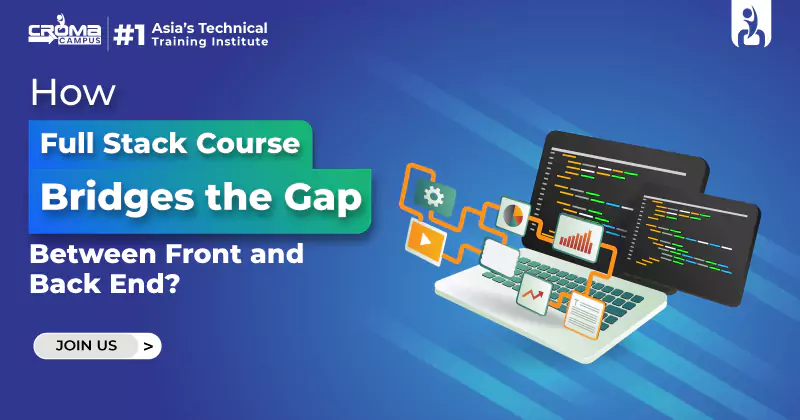
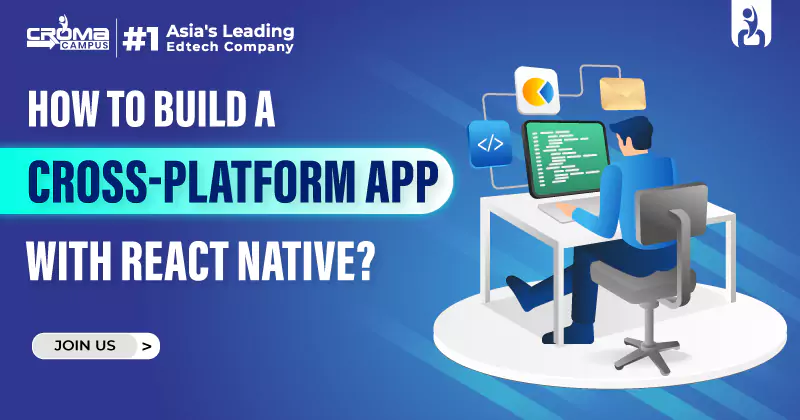
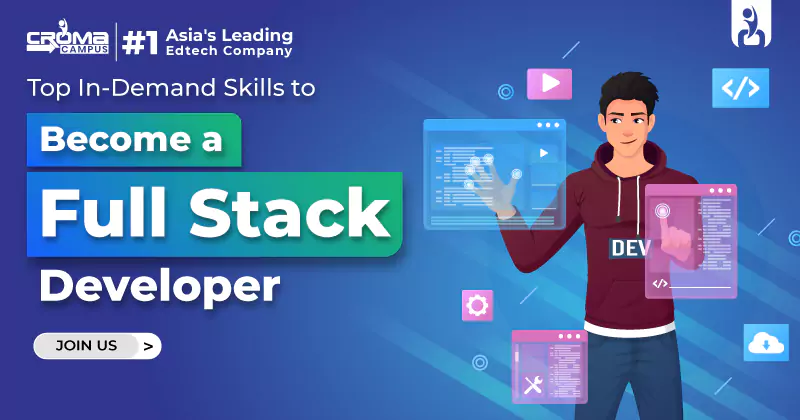
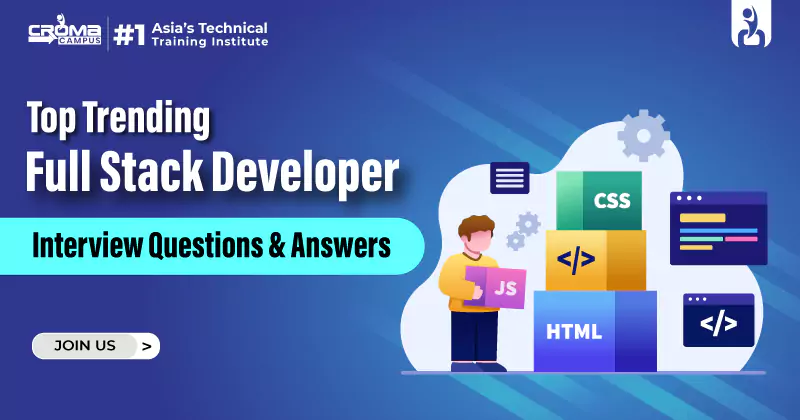
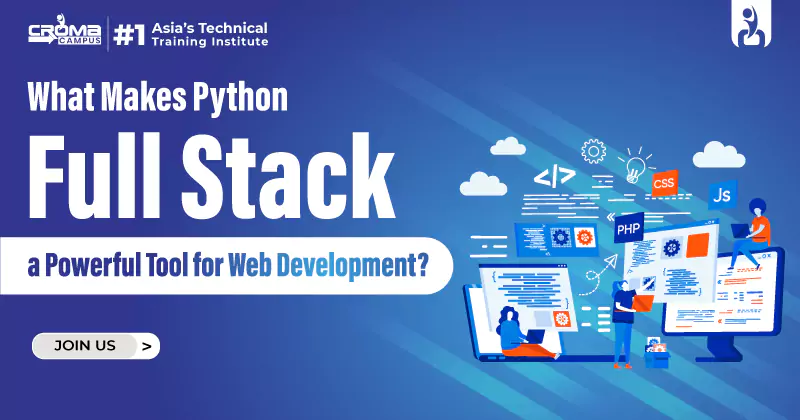
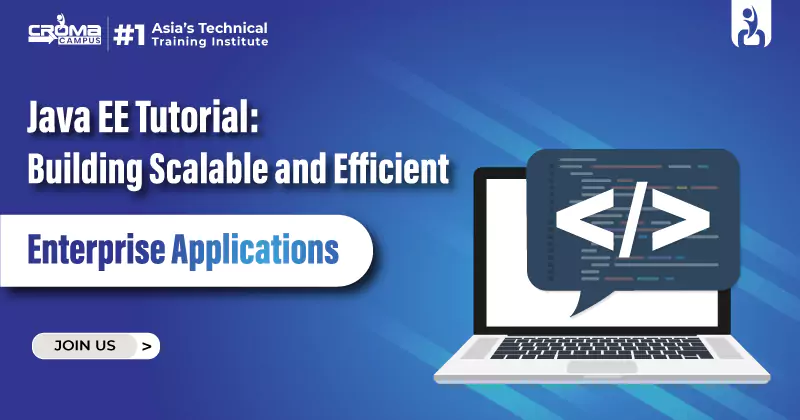
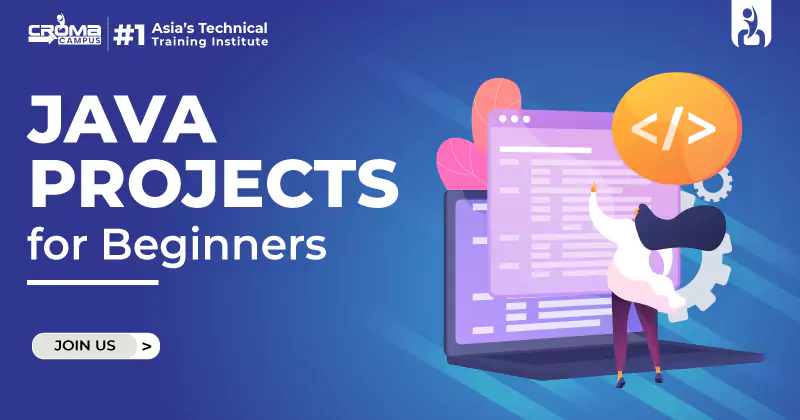
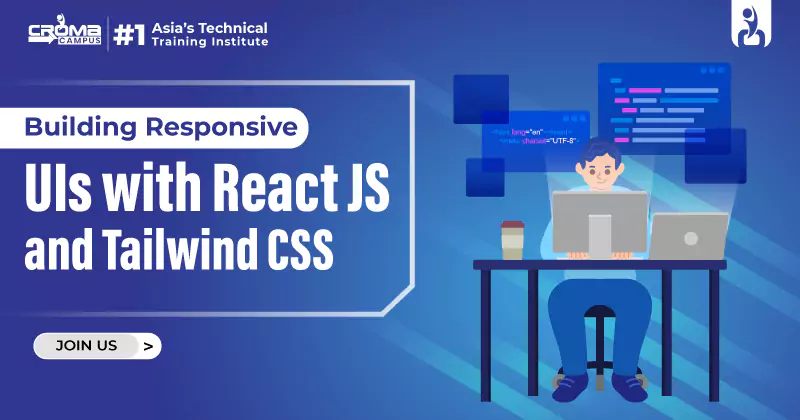
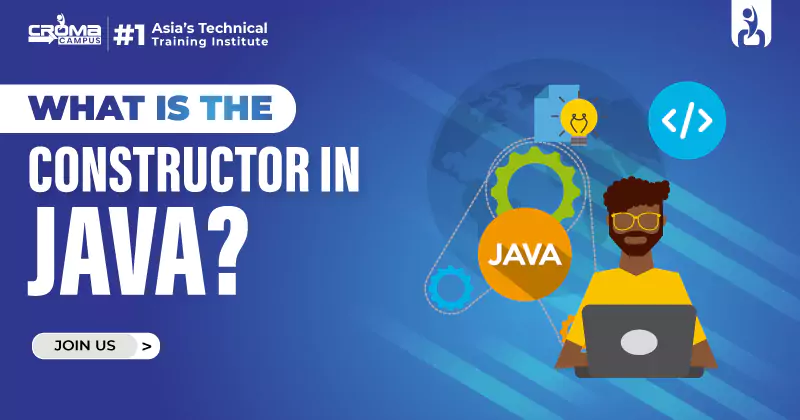
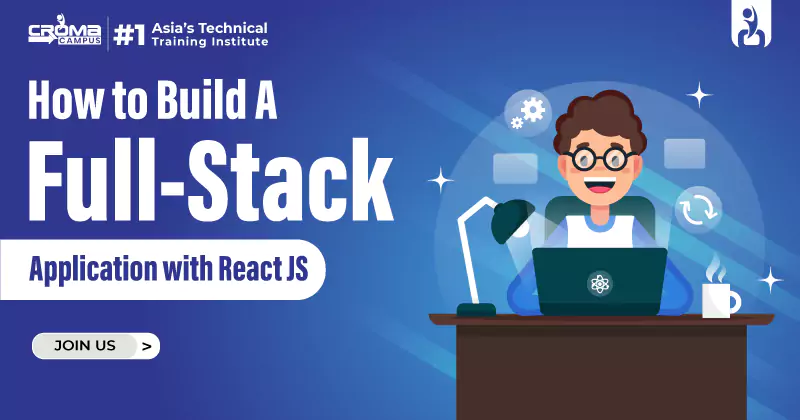
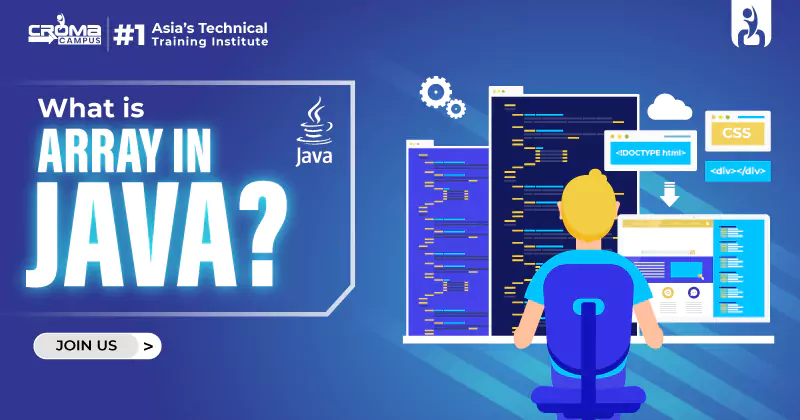
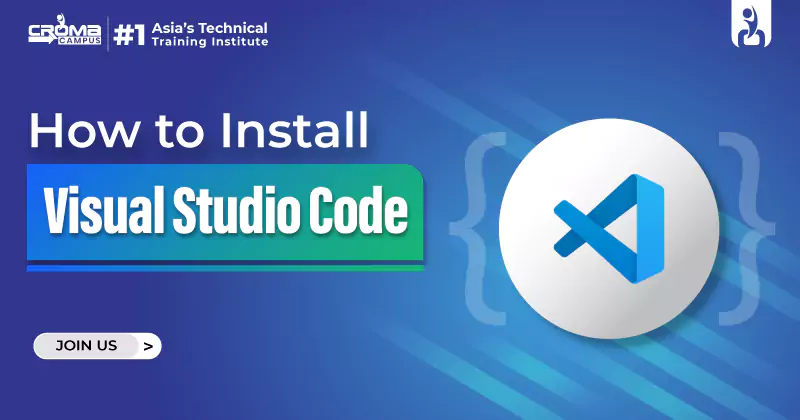









 Master in Cloud Computing Training
Master in Cloud Computing Training